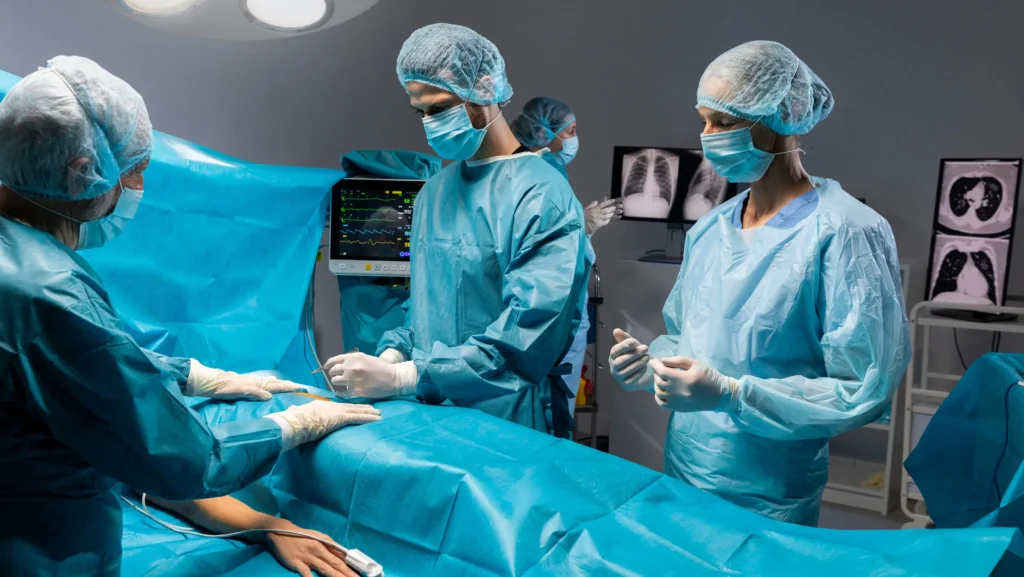Conclusion
Surgical Oncology in Chennai remains a cornerstone in the fight against cancer, offering patients access to expert surgical care and innovative treatment approaches. The evolution of oncologic surgery has significantly improved survival rates, enabling individuals to lead healthier lives post-treatment.
With a patient-centric approach, these advanced surgical interventions provide hope and enhanced care for those diagnosed with various types of cancer, ensuring that Surgical Oncology in Vadapalani also continues to set new standards in oncology care. Surgical Oncology in Chennai is continuously advancing, providing effective and life-saving treatment options for patients battling cancer.




